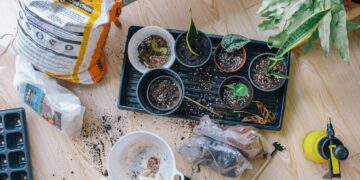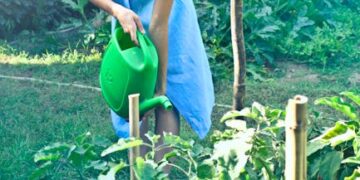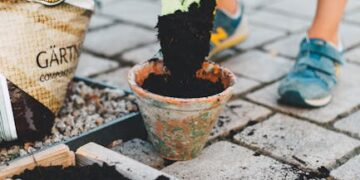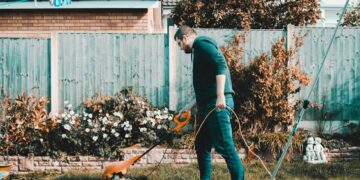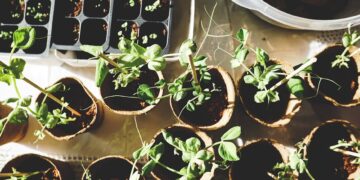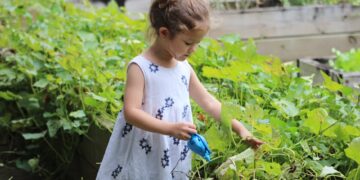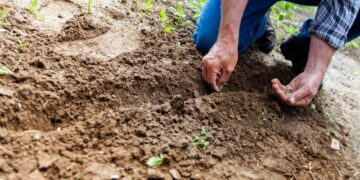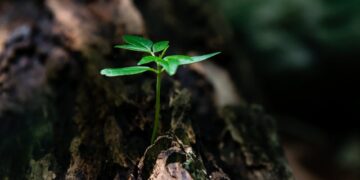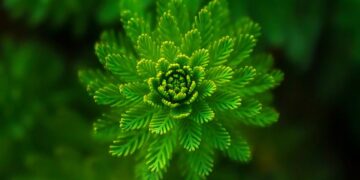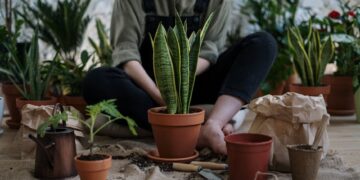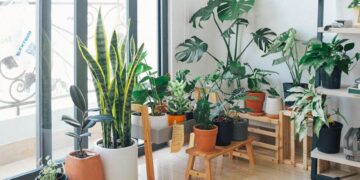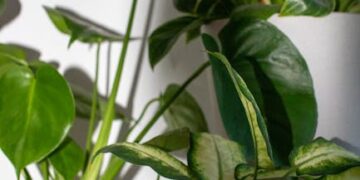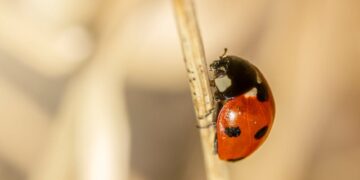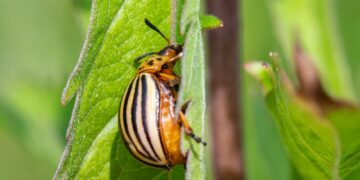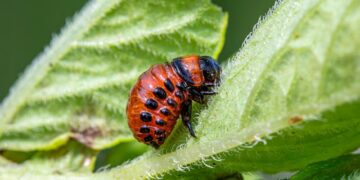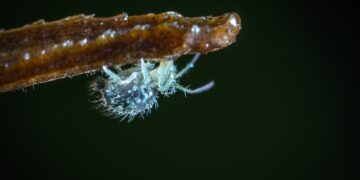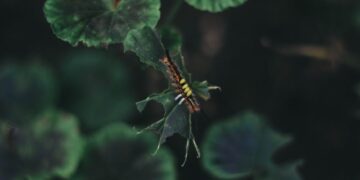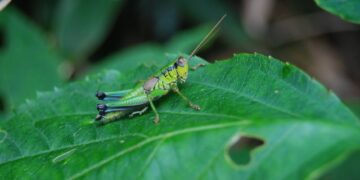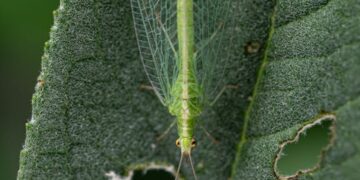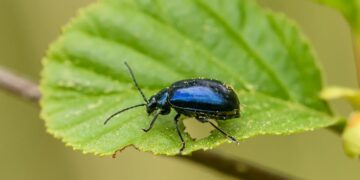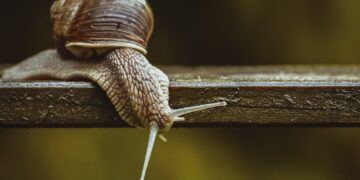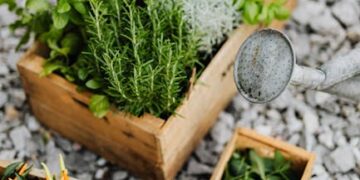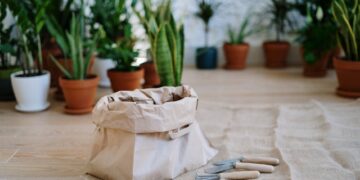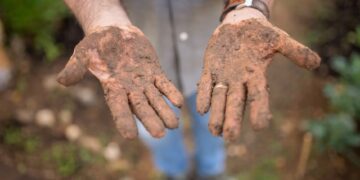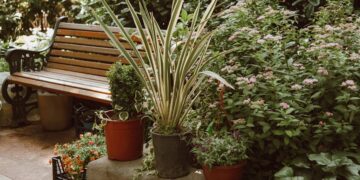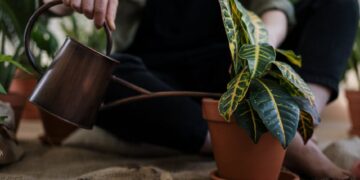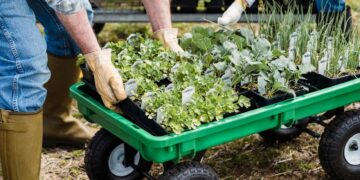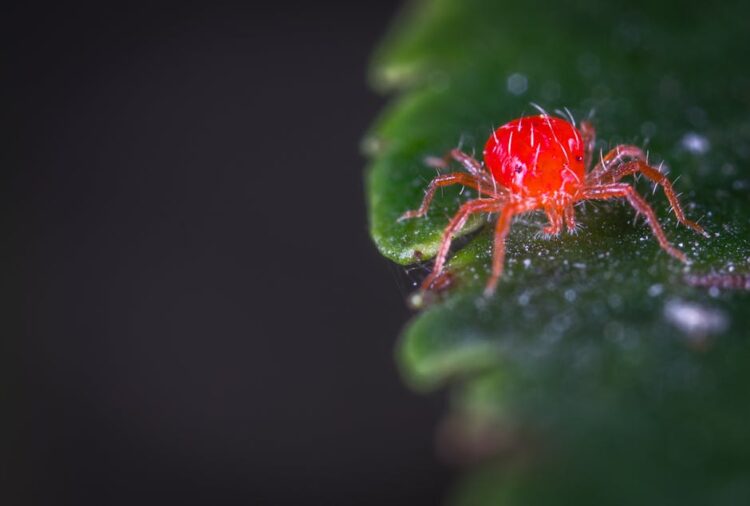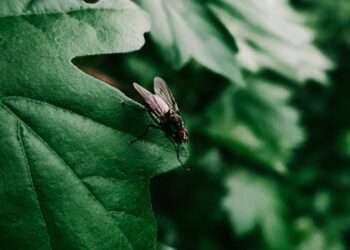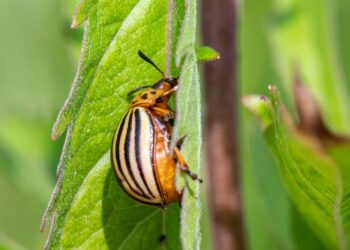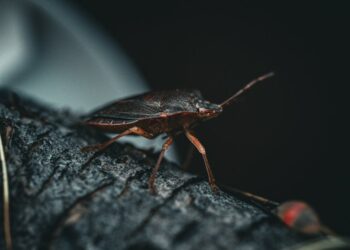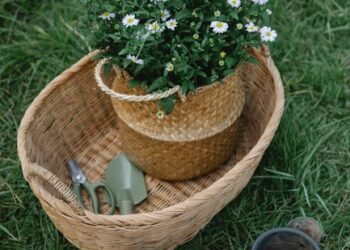Top Garden Infestation Solutions: How to Save Your Plants Naturally
Gardening is a fulfilling hobby and an excellent way to connect with nature. However, it comes with its challenges, such as dealing with pests that threaten to destroy your plants. While chemical pesticides can be effective, they might not be the best choice for the environment or your health. Natural remedies can be just as effective and are often safer for both you and the planet. Let’s explore some top garden infestation solutions that can save your plants in a natural way.
Understanding Common Garden Pests
Before diving into solutions, it’s crucial to identify what types of pests you might be dealing with. Some common garden invaders include aphids, spider mites, and slugs. Each pest has unique characteristics and can cause different types of damage to your plants.
Aphids
Aphids are small, sap-sucking insects that can be green, yellow, red, or black. They typically cluster on the undersides of leaves and can cause the leaves to curl and become distorted.
Spider Mites
Spider mites are tiny and often difficult to see without magnification. They spin fine webs on plant leaves and can cause leaves to appear speckled or scorched.
Slugs
Slugs are soft-bodied mollusks that leave a slimy trail as they move. They chew large, irregular holes in leaves, primarily during night time or on rainy days.
Natural Solutions to Combat Garden Pests
Now that you know what you might be up against, let’s discuss how you can tackle these pests using natural methods.
Neem Oil
Neem oil is a natural pesticide extracted from the seeds of the neem tree. It’s effective against a wide range of pests including aphids, mites, and whiteflies. To use, mix a few drops of neem oil with water and a mild soap, and spray it on the affected plants. Repeat this process weekly until the pests are gone.
Diatomaceous Earth
Diatomaceous earth is a powder made from fossilized algae. It’s non-toxic to humans and pets but deadly to insects. The sharp edges of the powder cut through the pests’ outer shells, causing them to dehydrate and die. Sprinkle diatomaceous earth around the base of your plants to protect them from crawling pests like slugs and ants.
Companion Planting
Companion planting involves growing certain plants together that can help each other thrive. Some plants, like marigolds and garlic, can repel specific pests. For example, planting marigolds among your vegetables can deter aphids and other insects with their strong scent.
Beneficial Insects
Attracting beneficial insects to your garden can be another natural way to control pests. Ladybugs, for instance, feed on aphids and can help keep their population in check. Similarly, lacewings consume a variety of pests including aphids, mites, and caterpillars. Planting flowers like daisies, sunflowers, and cosmos can attract these helpful creatures to your garden.
Maintaining Your Garden’s Health
In addition to directly dealing with pests, maintaining the overall health of your garden can also prevent infestations.
Proper Watering
Overwatering or underwatering can stress plants and make them more susceptible to pests. Ensure that you’re watering your plants adequately by checking the soil moisture. A simple rule of thumb is to water when the top inch of soil is dry.
Regular Cleaning
Removing dead leaves and debris from around your plants can reduce the chances of pests taking up residence. A clean garden is less attractive to pests searching for hiding spots and breeding grounds.
Healthy Soil
Healthy soil helps produce strong plants that are more capable of withstanding pest attacks. Enrich your soil with organic matter like compost to improve its structure and nutrient content. Rotate your crops annually to prevent soil depletion and reduce pest accumulation.
Conclusion: Embracing Natural Pest Control
Combating garden pests doesn’t have to involve harsh chemicals. By understanding your enemy and employing natural solutions like neem oil, diatomaceous earth, and companion planting, you can protect your plants and contribute to a healthier environment. Remember, a healthy garden is your best defense against pests. Keep your plants thriving, and they will be less likely to succumb to infestations. Happy gardening!

